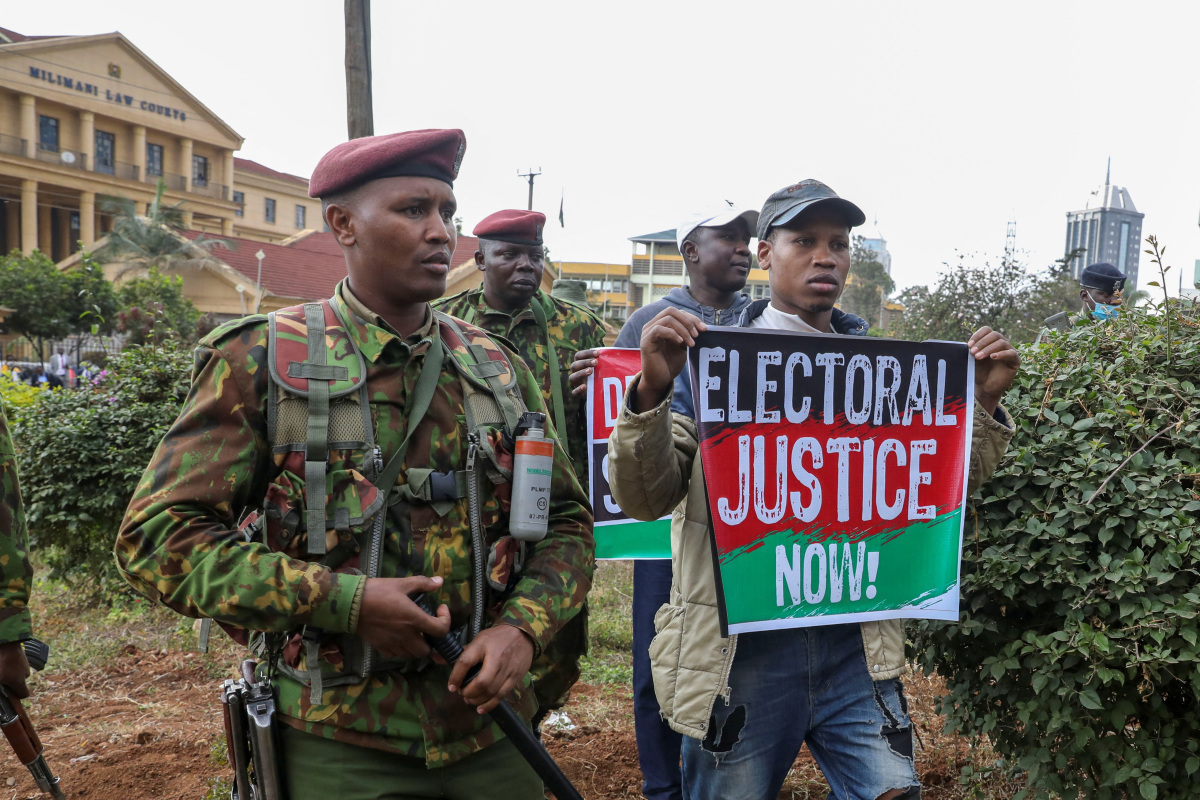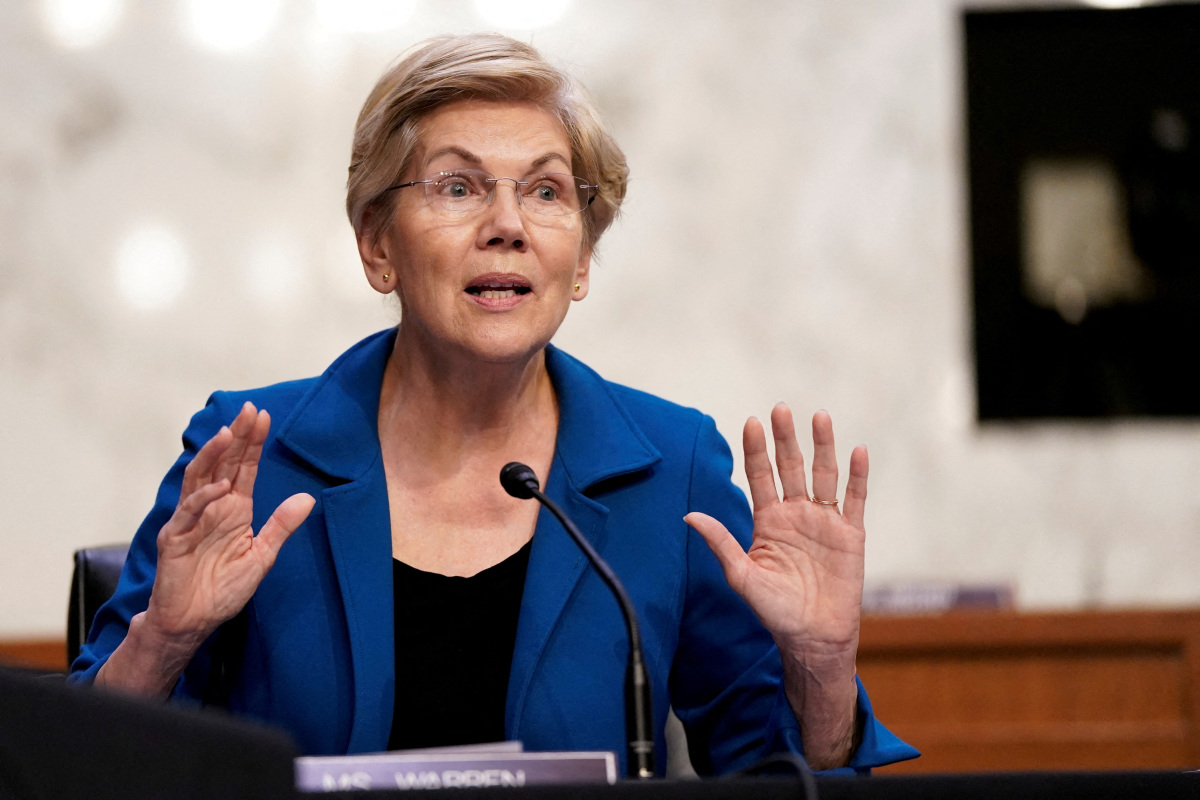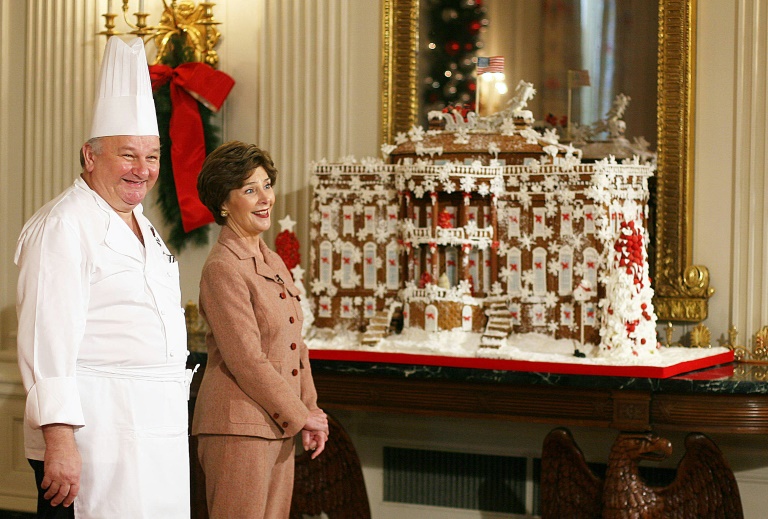The voting is over in Kenya’s historic presidential election, but not the shouting.
When election commission chairman Wafula Chebukati declared current deputy president William Ruto the winner over the objections of a majority of the commissioners, supporters of Raila Odinga cried foul and demanded to have the election results reviewed by the Kenyan supreme court.
And for good reason. Odinga had been ahead by several points in recent polls, as well as in the early vote counting. And when three of the four dissenting commissioners were beaten up by Ruto supporters, the controversy escalated into potential violence – exactly the opposite result that most Kenyans desire.
Odinga, who had won the endorsement of two-term president Uhuru Kenyatta, praised the four commissioners who declared that the announced outcome “defies logic.” Noting that they had maintained their viewpoint even after “the bullying and illegal conduct of Mr. Chebutaki,” Odinga added, “We are proud of them and ask them not to fear anything. Kenyans are with them.”
Ruto, by contrast, wanted to sweep the controversy under the rug, calling for unity and proclaiming that he wanted to be a president for all, and for Kenya to focus on its future – one in which his “hustlers” have free rein to enrich themselves by any means necessary — if, that is, they follow Ruto’s pathway to riches.
The 2022 Kenyan elections, for the nation’s first time, allowed media houses and civil society groups to tally official votes. Results from each polling station were then uploaded to the election commission’s website for everyone to tabulate.
The Elections Observation Group (ELOG), comprised of civil society organizations, backed Chebukati’s announcement, saying that their own tally matched the announced results, adding that the “results transmission system worked better than expected,” even though the vote tally took days to complete. During that period, the leaderboard switched back and forth between the two candidates, who together received over 99 percent of all votes cast.
A loss by Odinga bodes ill for political reform in Kenya, given that his pick for deputy president, former justice minister Martha Karua, a noted anti-corruption spokesperson, failed to rally a significant number of voters to cast ballots for the Odinga-Karua ticket. Ruto boasted that voters among Karua’s own constituency voted heavily for his ticket, and Ruto supporters mocked her as a person who “represents only her dresses,” a huge slur against women in politics.
Even so, female candidates did better than ever in the male-dominated nation, with seven women being elected governor, compared to just three in the 2017 elections. And should Odinga’s appeal receive a Supreme Court review, it remains possible that the election results — as were those in 2017 — will be decertified and a new election called.
Still, a large number of younger Kenyans sat out the election entirely, not exactly a vote of confidence for political reform or a united nation. Neither Ruto’s long history of alleged corruption nor both Odinga’s and Kenyatta’s ties to Kenya’s distant past — their fathers were leaders of the nation’s march to freedom from British rule — excited under-35-year-old Kenyans, who already comprise the majority of the nation’s voters.
Perhaps a second presidential campaign would be best for this still-young nation, which remains plagued by self-interested politics and whose governing bodies have yet to gain the trust that a growing nation needs. What we do know is that Kenya will not likely prosper while there remains a lack of trust in the election’s outcome and we have strong doubts that a Ruto presidency will inspire Kenya’s youth without at the least a major house cleaning.
MEET IBT NEWS FROM BELOW CHANNELS
© Copyright IBTimes 2022. All rights reserved.







